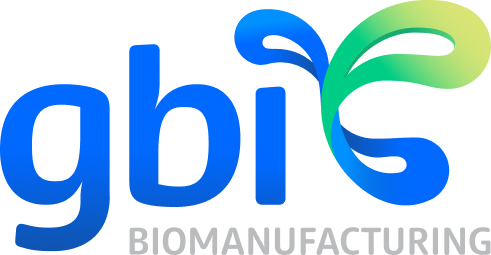This March, I’m eager to return to Boston for the 4th Annual Novel Conjugate Summit, an essential gathering for those of us at the forefront of drug conjugation. It’s my second year attending, while GBI has been an attendee since the conference’s inception. Our involvement is deeply rooted in our extensive expertise across a spectrum of conjugation techniques, including site-specific (via enzymatic), random, chemical, and site-directed (via hinge region) conjugations, as well as our proficiency in optimizing payload-to-antibody ratios (PAR) for clinical outcomes. With this expertise, I offer my three predictions for the key discussions that will shape this year’s event:
1. The Rise of Bispecific Antibody Conjugates
My first prediction centers on the continued advancement and application of bispecific antibody—payload conjugates (BsAPDCs). These innovative conjugates are proving to be game-changers in the field of targeted therapies by enabling the simultaneous engagement of two distinct antigens. This dual-targeting approach can significantly enhance the therapeutic efficacy and index by improving drug internalization, immunogenicity and reducing off-target effects. At the summit, I expect in-depth discussions on the engineering challenges and successes of BsAPCs, including the integration of novel linker technologies that can effectively control the release of the drug payloads. Additionally, the conversation will likely extend to case studies and clinical trial results that highlight the potential of BsAPCs to offer targeted therapies against complex diseases like cancer, where traditional treatments have fallen short.
2. Emergence of Degrader Payloads in Antibody Conjugates
Another area poised for significant discussion is the emergence of degrader-antibody conjugates (DACs). These conjugates represent a novel approach by combining the targeting precision of antibodies with the mechanism of action of proteolysis targeting chimeras (PROTACs). This integration seeks to not just inhibit, but actively and selectively degrade pathological proteins, offering a double-pronged attack against disease mechanisms. During the summit, I anticipate that there will be considerable focus on the unique design and functional challenges associated with developing DACs, including the stability of the linker and the bioavailability of the PROTAC components. Furthermore, the potential for DACs to revolutionize treatment paradigms across various therapeutic areas such as oncology, infectious and autoimmune diseases will likely be a hot topic, with discussions examining the early successes and the road ahead for these powerful new tools in the drug development arsenal.
3. Advancements in Enzymatic Conjugation Techniques
Lastly, I predict that enzymatic conjugation techniques will take center stage, reflecting a growing shift towards more precise and controllable drug delivery methods. Enzymatic conjugation offers a sophisticated alternative to traditional chemical methods, allowing for site-specific attachment of therapeutic agents to antibodies. This method promises enhanced control over bio-conjugate release kinetics, potentially leading to improved safety profiles, increased therapeutic index and minimized bystander effects. The summit will likely explore the latest developments in enzyme technology, including new enzymes that can be employed under physiological conditions, and the design of linkers that can be specifically cleaved by these enzymes. The discussions are expected to delve into how these advancements can be applied to create more effective bio-conjugates, with a particular focus on minimizing systemic toxicity while maximizing drug accumulation at the disease site.
Conclusion
The Novel Conjugate Summit is not just a chance to catch up on the latest innovations; it’s a vital opportunity for us at GBI to see how the landscape of drug conjugation is evolving. Our bioconjugation toolbox is capable of supporting a wide array of technologies, and each year, the summit showcases new modalities that expand our understanding and capabilities, making it an invaluable event for anyone committed to advancing the field of bioconjugation. I’m looking forward to engaging with fellow experts, sharing GBI’s insights, and exploring how these emerging technologies can be integrated into our projects to enhance the diagnosis and therapies we deliver.

Nick has a track record of developing partnerships with pharmaceutical and biotechnology executives to support the biologic CMC activities required to support their clinical trials and hit development milestones. With a background as a bench scientist specializing in manufacturing scale-ups, Nick brings a unique skillset that bridges the business and technical communications between GBI’s team and external stakeholders. Nick’s recent experience involved business development roles for Tokyo Chemical Industry and Cytovance Biologics. He has a B.S. in chemistry and an MBA from the University of Massachusetts, Lowell.
